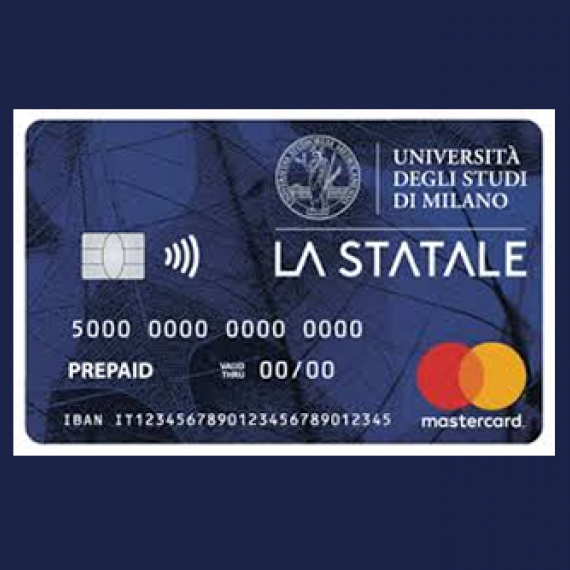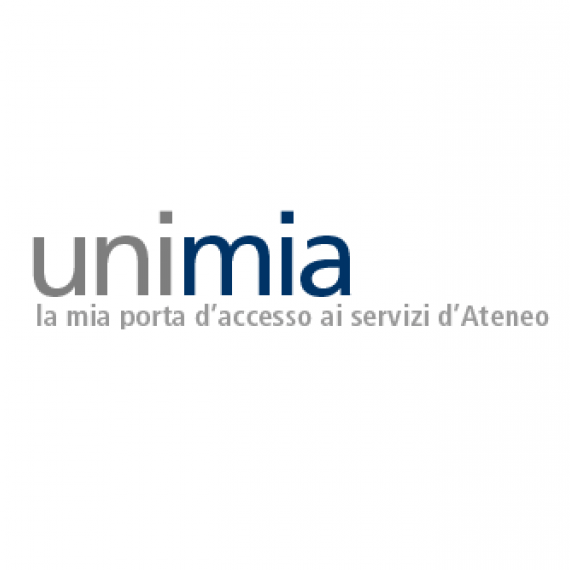The first year of study
The academic year is divided into two semesters or three quarters depending on your degree programme.
Each semester or quarter includes a period for attending classes and one for taking exams.
Classrooms, teaching periods and lesson times are available on the timetable portal and/or on programme website.
Course syllabuses
For each course, there is a syllabus with a class overview and a short description of useful teaching material. Some courses provide for different syllabuses for attending and non-attending students.
Where can I find them?
On the course page, you will find admission prerequisites, the syllabus, exam details and a bibliography, usually as of September. If there is an Ariel educational website for your course, please check for any updates and download the materials published by the teachers.
Exam sessions
The exams are normally held during the exam sessions (at quarter- or semester-end). Some courses may also include intermediate tests, as notified by the teacher during class. You can view exam session dates for the next 60 days on the exam session page of the unimi.it portal.
Exam registration
Check for registration periods on the exam session page. You can register online directly from the home page of the Unimia personal portal (to be accessed using the same credentials as for your university email). To register for an exam, you will have to complete the relevant teaching questionnaire. If you don't fill it in you won't be able to register. You also have to be up to date with your fee payments.
Some exams provide for admission pre-requisites. In this case, a consistency check will be performed during the registration procedure.
Grade confirmation and exam report
For some written exams, you will be required to confirm the grade given by the teacher. You can do it online from the Unimia page.
Online student record book
Exam and test results are reported electronically and can be viewed by accessing the Career page of the Unimia personal portal.
The study plan is the list of all the educational activities, including courses, workshops, seminars, internships and other training, that students must carry out during their university career to obtain their degree.
Each degree programme provides for a certain number of exams: some are compulsory, as established by the Student Information Booklet, while others can be chosen by students from a list (guided choice) or at their discretion (free choice).
All programmes allow students to submit an individual study plan, with the exception of Medicine and Surgery, providing for the same compulsory study plan for everyone.
When and how to submit your study plan
You can submit your study plan during the course year provided for by the Student Information Booklet on the dates indicated annually by the University.
You will find all the information on the study plan on the Unimia page, including:
- the course year in which you can submit your study plan
- the deadlines
- a guide to submitting your study plan
- access to the online procedure for submitting your study plan
The study plan, as duly submitted, will be approved by special teaching committees. You can always ask for advice from tutoring teachers or degree programme representatives before submitting your study plan.
University terminology is not always easy to understand, especially for new students.
We have compiled a student glossary to help you understand key university terms.
Student registrars are in charge of information and obligations relating to:
- Enrolment, tests and rankings
- Registrations
- Scholarships, housing and canteens
- IT procedure support
- Enrolment renewal (after the first year)
- Taxes and exemptions
- Study plans
- Certificates and self-certifications, diploma supplements
- Transfers
- Graduation applications
- Withdrawal from studies
- Resumption of studies following a suspension
- Student collaborations
Departmental course administration deals with the organization of teaching, with a focus on:
- Course syllabuses
- Laboratories
- Class times and venues
- Teachers' office hours
- Internship activities
Contacts: email addresses are available in the degree programme websites
Students residing abroad or with an international qualification can contact the Welcome Desk directly
The Disabilities and learning disorders office provides assistance and services to disabled or educationally challenged students, so as to ensure equal treatment and social integration within the University.
Tutoring teachers for educational orientation are identified within each degree programme.
Contacts: email addresses are available in the degree programme information sheet




